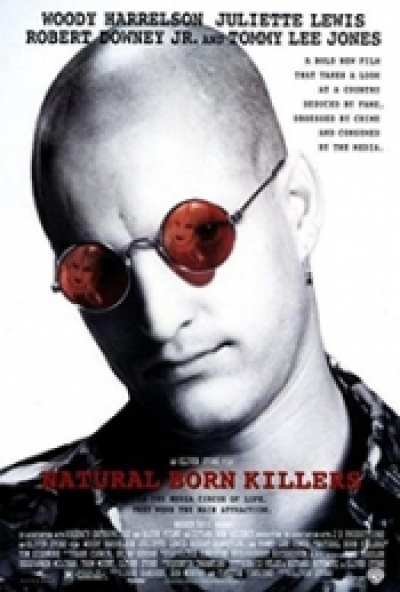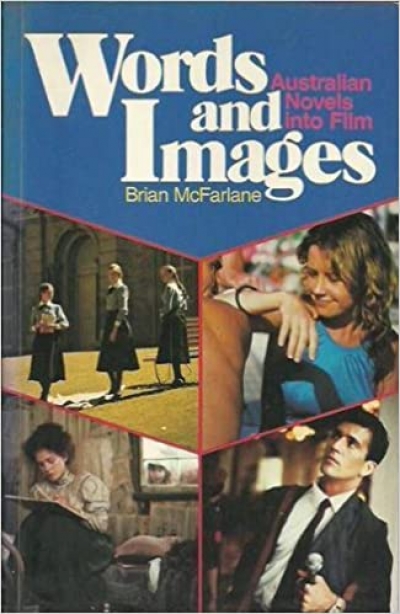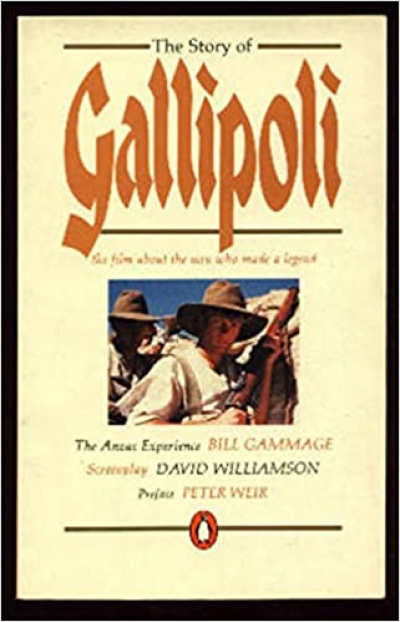Mickey and Mallory love to kill. Murder comes naturally to them – it’s all part of a successful day’s work. Bullets fly, bodies drop, and the couple move on as if enjoying a prolonged shopping spree in which the objects consumed just happen to be human lives. Their actions blend in perfectly with a culture that emphasises mass production, mass consumption, repetition, seriality. After all we live in an era that has not only produced a new breed of serial killers but also raises them to the status of folk heroes – icons to be consumed, in turn, by the media, fans, filmmakers, writers, profiteers. Mickey and Mallory are also deeply in love; a starry-eyed Romeo and Juliet whose passion, in the post-consumer society, feeds on a continual diet of violence, cruelty, death. (It is perhaps telling that in many contemporary films, violence and murder serve to unite the couple rather than drive them apart.) This circuit of consumption, repetition and seriality is self-regulating, continuous, carnivorous.
...
(read more)



